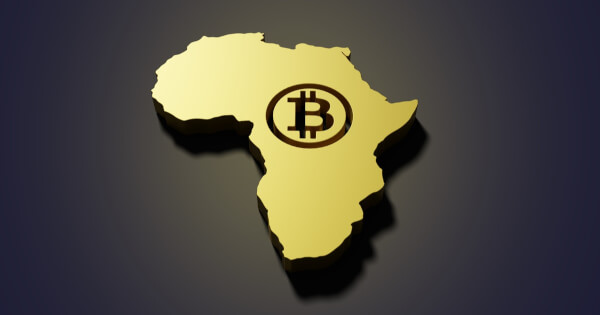The Rise of Cryptocurrency in Africa
Uganda, Nigeria, South Africa, Kenya and Ghana frequently find themselves ranked amongst the top 10 in the world on the topic of cryptocurrency.
Several countries in the African continent have been witnessing an interesting trend. One that has been existing for some years, but has only recently observed a noticeable spike. They have been seeing a surge in use-cases of cryptocurrency among its people.
Earlier this year, a study was published by Arcane Research in collaboration with the cryptocurrency exchange platform Luno, called The State of Crypto: Africa. It highlights the many ways in which Africa is conducive for the growth of cryptocurrency adoption across its countries. The study also mentions that countries such as Uganda, Nigeria, South Africa, Kenya and Ghana frequently find themselves ranked amongst the top 10 in the world on the topic of cryptocurrency.
Despite businesses closing and investors assuming a wary attitude amidst the pandemic, Nigeria recorded a trading volume of $7.2 Million in a single week in May 2020. Kenya was second in place, reaching $1.6 Million in a week, followed by South Africa trading at $1.1 Million.
These trends give rise to a fundamental yet necessary question: Why?
The economic landscape of a majority of African countries is painted with high inflation rates and financial instability. Countries like Zimbabwe and South Sudan reside in hyperinflation, with inflation rates reaching beyond 80%. All this undermines the purchasing power of its people. However, cryptocurrencies like Bitcoin have a decentralised structure that gives it a shield, where it is not prone to the inflation rates of any single country. Naturally, people started shifting to these platforms to take care of their purchasing power resulting from continuous economic volatility. While COVID saw uncertainties climbing up in the economy, cryptocurrency looked like an effective direction to turn to.
What also sets apart the crypto usage pattern in Africa, is that it is a proper means of payment for many, and not just a motive for investment or speculation. There already exists a considerable number of crypto based companies there, notable ones being Luno, Paxful, Binance, Payplux and The Sun Exchange, among others. A few of these also back apps that facilitate cryptocurrency-based transactions. “Bundle” backed by Binance, for instance, is a commonly used one.
Another reason can also be attributed to the political chaos raised by regime changes, civil wars and mass migration for close to 7 decades. What repeatedly ensues is a high inflation rate and a crashing GDP. The way Bitcoin functions – in that it combines wealth preservation properties of hard assets and portability of digital currencies – serves as a perfect solution to these economic problems. What’s more, most cryptocurrency companies enable cross-border payments, charging much lesser than traditional payment services.
There exists a severely underdeveloped financial infrastructure in terms of traditional services. The number of commercial banks and the percentage of people having access to a traditional bank account across SubSaharan Africa is considerably lower than the global average.
The usage of cryptocurrency remains largely unregulated in many countries of Africa, including Ghana, Zimbabwe, Uganda and South Africa. It is not a legally accepted tender, although, no ban is imposed on their usage. Naturally, governments in these countries discourage carrying out transactions through this channel, warning citizens of the risks involved.
Escalating digital trends and mobile banking sets the ambience for even increased acceptance of cryptocurrency in Africa. Over 20% of Sub-Saharan Africa’s population has mobile bank accounts. These, however, come with a hefty price tag and that’s where crypto platforms can beat the hitherto popular mobile financing methods. The emerging success of Neobanks in Africa can offer a plausible direction for increased acceptance of cryptocurrency as well. Some fintech startups, like South Africa based “SOL Wallet”, enable customers to create multiple currency accounts online, buy and sell those at interbank rates and trade cryptocurrency too.
There are certainly some obstacles to overcome, the primary of which is the internet coverage scenario. Almost all cryptocurrency wallets require internet service for carrying transactions. Infrastructure around electricity is another challenge. Over 50% of Sub-Saharan Africa has poor electricity coverage, with little or no access to electricity. These will set the ground for increased competition from mobile payment providers. There is, of course, resistance from regulators across countries bringing in another hurdle to crypto’s success.




Comments